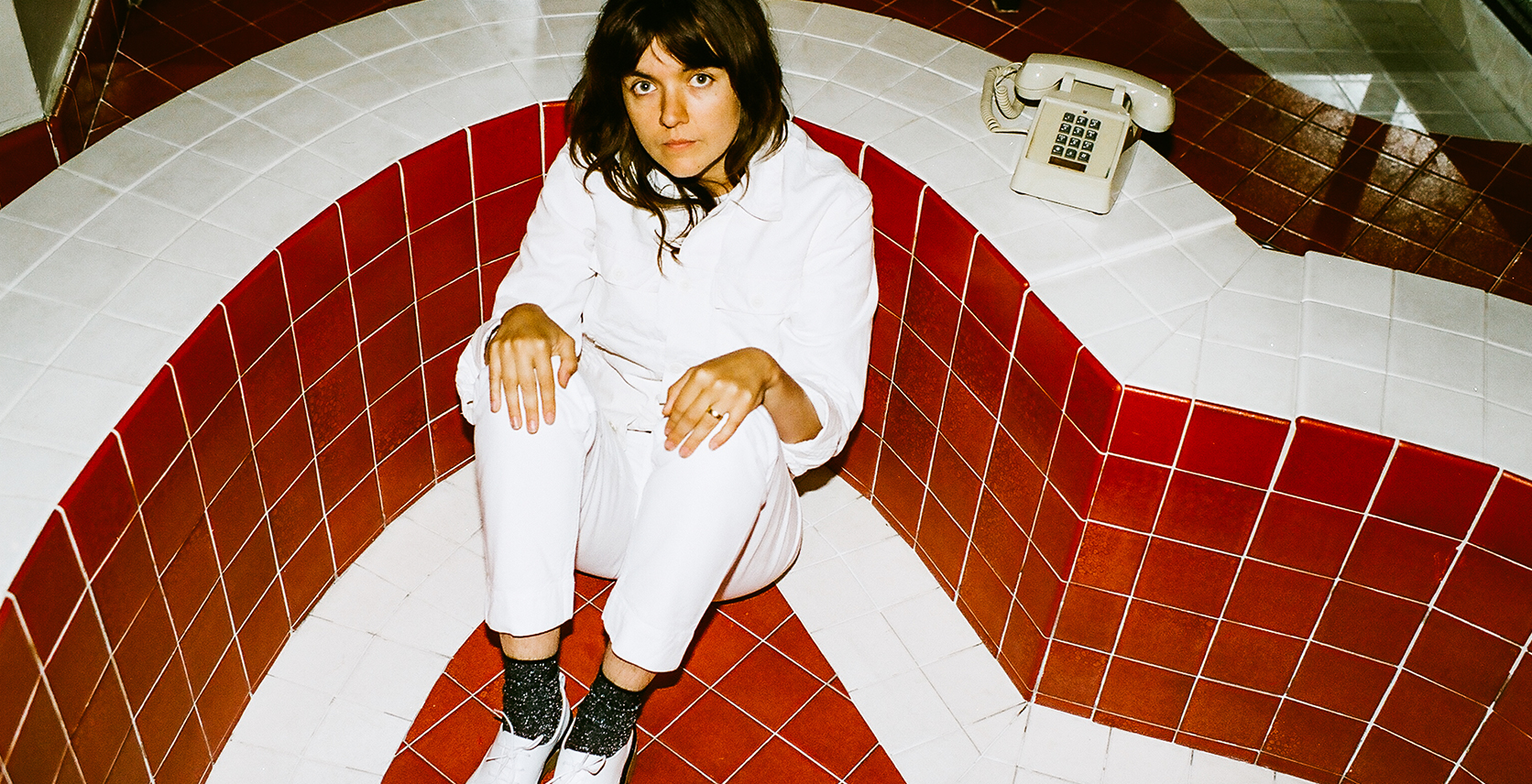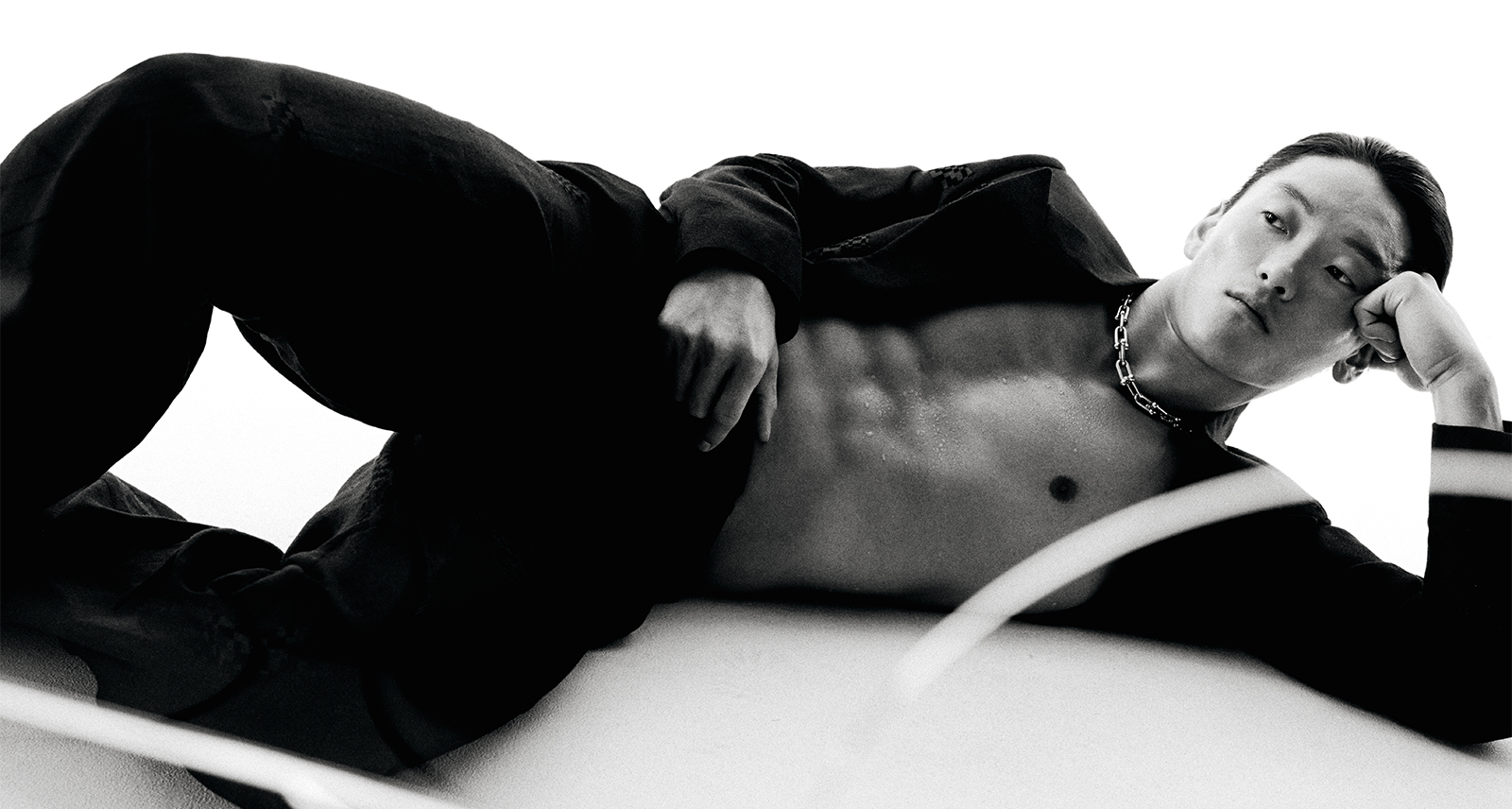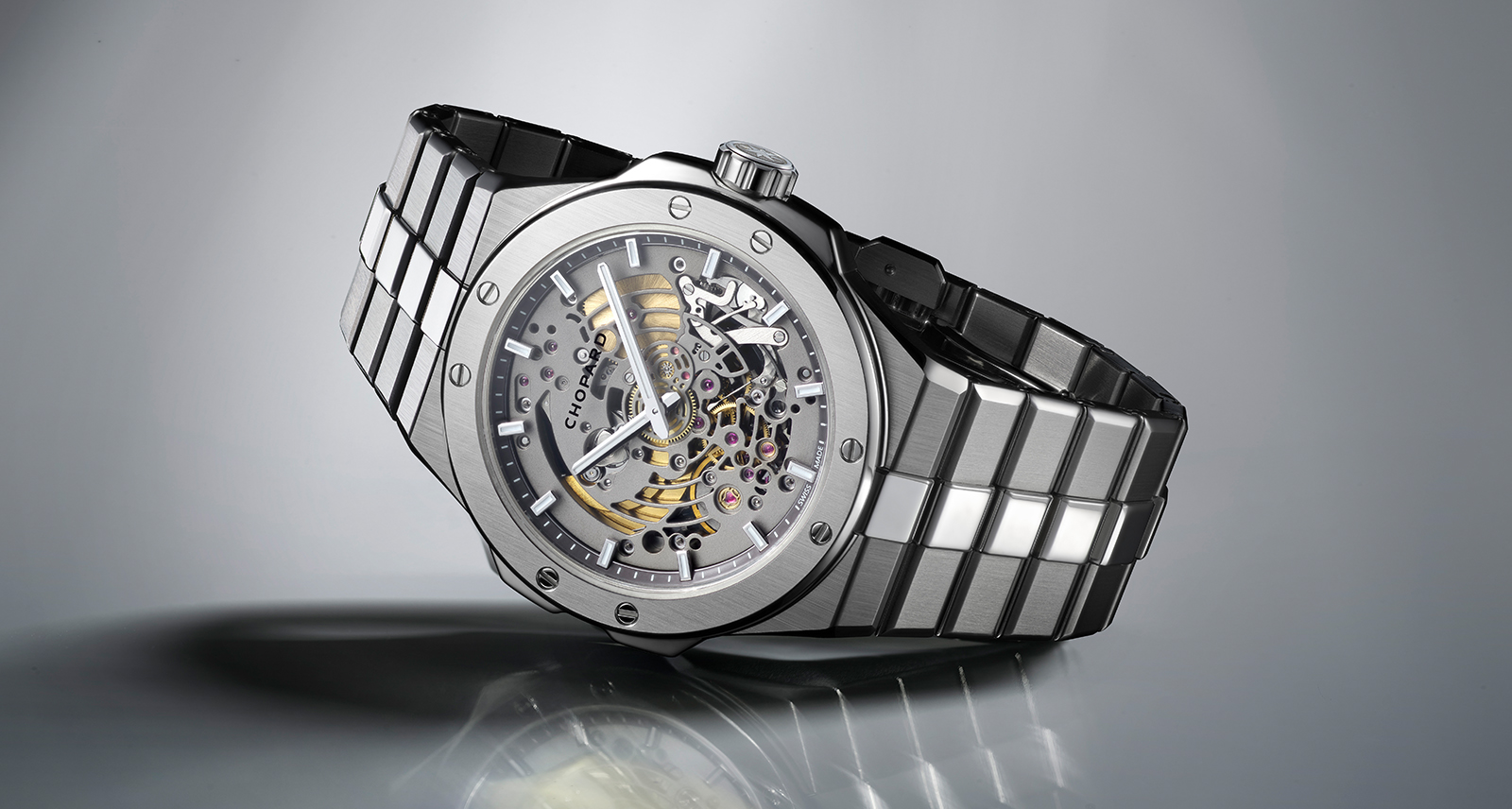Courtney Barnett Is Your New Favourite Life Coach
Courtney Barnett heard something profound the other day: “‘People are more willing not to follow their goals, than … ’ Uh, scrap that. I can’t remember it, man.”
Forgive her. It’s morning in Melbourne and she’s still waking up. Besides, she didn’t become Australia’s biggest rock export by memorizing clichés. In conversation, as in her idiosyncratic, stream-of-consciousness lyrics, Barnett sometimes leaves sentences hanging.
Occasionally she’ll even leave entire songs high and dry. Barnett says she kept reaching dead ends while writing her second album, Tell Me How You Really Feel. “I was feeling pretty terrible. It was a weird, uncontrollable thing. Some of it was probably just the general world, as well, dragging me down.” Her writer’s block stemmed from an unwillingness to face those uncomfortable feelings, and, as one new song title puts it, “Crippling Self-Doubt and a General Lack of Confidence.”
For Barnett, who’s 30-years-old and suffers from anxiety, penning the dreaded sophomore record has been, well, dreadful. “I go through stages of being really confident, and then being really not confident, and certain things happen in my confident stages that I have to follow through with when I’m not feeling like that.” Suddenly, her interest in motivational quotes checks out.
“It’s so much easier to feel like the world is fucked, which it is.”
Last time she got confident, Barnett did some damage. Her 2015 debut, Sometimes I Sit and Think, and Sometimes
I Just Sit earned her a Grammy nod (for Best New Artist) and incessant labelling as “the next Bob Dylan.” Her winning formula of four-chord yarns teeming with puns and poignant observations on gardening, grocery shopping, and ramen addiction catapulted her to millennial existentialist-in-chief.
But in 2018, even the routine and ordinary can be downright distressing. So rather than write around it, Barnett confronted the discomfort head-on. Her new songs tackle the darker elements of everyday life — from sexual assault (“I hold my keys/Between my fingers”) to Internet trolls (“Nameless, Faceless) to a world gone loopy (“Hopefulessness”) — filtered through her signature layers of fuzz and quirk. Somehow, she wound up with a scathing, vulnerable, and oddly uplifting guidebook to surviving these troubled times.
“I came out of it feeling strangely optimistic,” Barnett admits. “It’s so much easier to feel like the world is fucked, which it is. But if we admit that it is, we’ll just continue letting it be fucked.”
How’s that for motivational?










